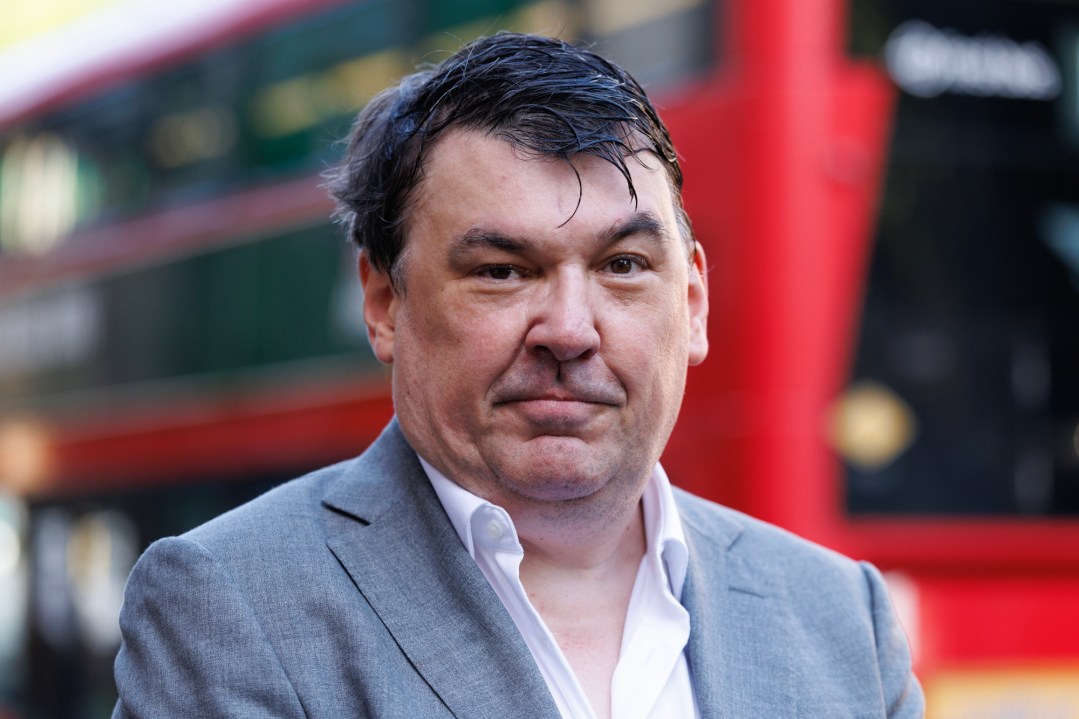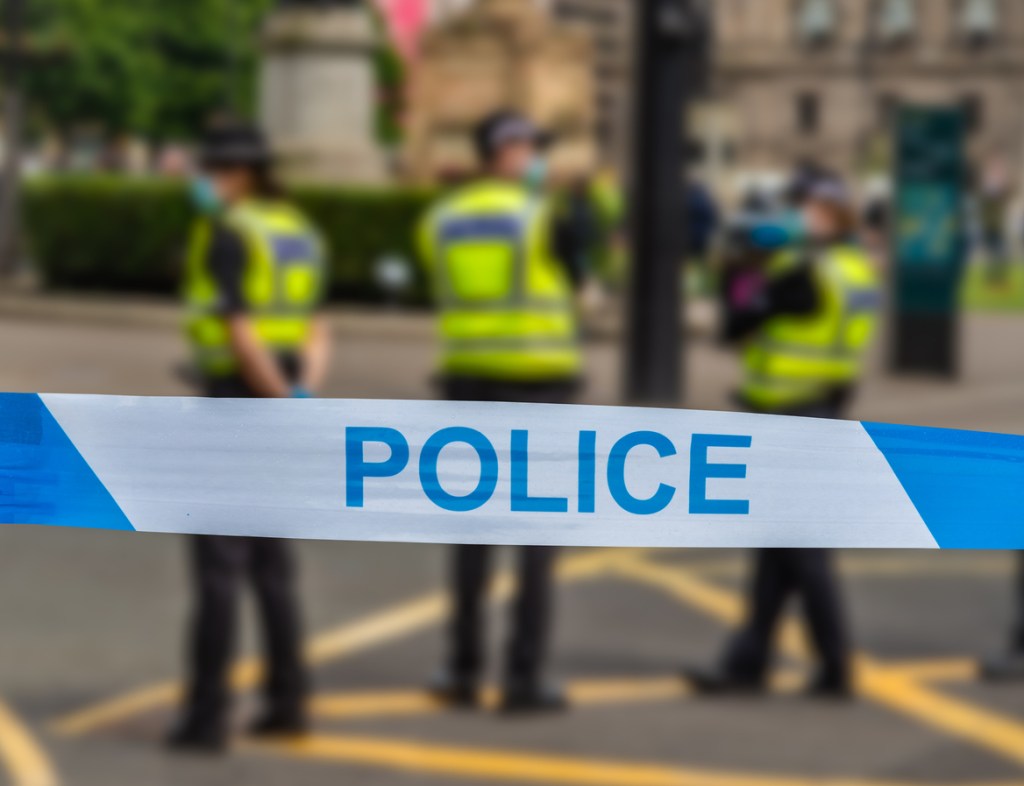The outrageous arrest of Graham Linehan this week seems almost designed to cause maximum embarrassment to the British government. Just a day after the news broke, Nigel Farage was already raising the case at a free-speech Congressional committee in Washington, DC, where the Reform leader happily played prime-minister-in-waiting as he opined gravely about our values having gone astray.
The row comes as US trade talks loom, where free speech will be high on the agenda. The cause célèbre of Lucy Connolly, arrests for prayer in abortion buffer zones, and the effects of the Online Safety Act on US companies will all be discussed. Now, a beloved comedy writer – already forced to flee to America for his career – has been collared the moment he returned from the land of the free to Soviet Britain. All this over three joking, trans-sceptical tweets.
It is not surprising, then, that the Labour government has been trying to put some distance between itself and this authoritarian debacle. Labour backbencher Jonathan Hinder began by calling for a ‘serious reset to get [police] priorities right’. Health Secretary Wes Streeting has suggested a change in the law, albeit offering scant details. Downing Street said the arrest was an ‘operational matter’ for the police, adding that the Prime Minister and Home Secretary’s ‘priorities for crime and policing’ lay elsewhere. ‘We must ensure the police focus on the most serious issues’, Starmer told the Commons on Wednesday.
Yet these bleatings – like Starmer’s dubious mantra that, ‘We’ve had free speech for a very long time in this country’ – will convince precisely nobody of Labour’s free-speech credentials. Indeed, all they really do achieve is acknowledge that the government does have a role in setting the priorities of the police. And the public well knows what those priorities have been this past year.
Labour had been in government less than a month before the Prime Minister began using the Downing Street bully pulpit to target online speech – those who during the Southport unrest he said were ‘whipping up this action online’. His government did this relentlessly in that febrile period. ‘Think before you post’, warned its official X account, while the Director of Public Prosecutions announced ‘dedicated police officers whose sole task is to scour the internet’ looking for wrongthink. The justice system followed on dutifully, with scores of arrests and prosecutions. One judge, handing a nine-month sentence to a 23-year-old care worker for a TikTok livestream, intoned from the bench that ‘The violence was fuelled by misinformation’. This meant that a year ago this month, law-abiding Britons watched in dismay as domestic abusers and career criminals sauntered out of our overcrowded prisons early – just as the Southport speech convicts were flooding in. Around this time, the Attorney General, Lord Hermer, boasted: ‘You cannot hide behind your keyboard.’
The measure of the government’s willingness to go after speech crimes is perhaps best taken by the use of the stirring up racial hatred offence, under which Lucy Connolly was convicted, and which requires the Attorney General’s consent to be brought. This offence entered the statue book well before the internet existed, but was used to go after online speech during the unrest following Hermer’s advice. Last year, there were 44 convictions for this offence, a record high, including 17 charges Hermer consented to in relation to the Southport disorder. Starmer has publicly backed the prosecution of the most high-profile of these, Lucy Connolly – despite the fact that her charge contradicts guidelines he himself drew up as Director of Public Prosecutions that charges should not be brought over swiftly deleted posts.
What’s clear is that if the police and the Crown Prosecution Service are getting a message from the Labour government about online speech, it’s that they want it pursued aggressively.
This is why one shouldn’t only be blaming the police for going after Linehan. Writing up his ordeal, Linehan himself was relatively sympathetic to the five armed officers who arrested him, saying that they were ‘mostly polite but clearly nonplussed by the politics of it all – just doing their jobs, however insane those jobs had become.’
Mark Rowley, boss of the Met, which arrested Linehan, says that ‘officers are currently in an impossible position’. In an extraordinarily frank and political intervention on Wednesday, he said: ‘I have offered to provide suggestions to the Home Office on where the law and policy should be clarified. Greater clarity and common sense would enable us to limit the resources we dedicate to tackling online statements to those cases creating real threats in the real world. If agreed, we could be ready to test new approaches quickly, within a matter of weeks.’ While he pledged a ‘more stringent triaging process to make sure only the most serious cases are taken forward in future’, Rowley ultimately called on the government to clarify or change the present guidance so something similar to the Linehan case doesn’t happen again.
Some may view Rowley as passing the buck here, and it’s true that far too much of the police has exchanged common sense for woke ideology in recent years. But one shouldn’t forget that in enforcing the law as it stands, the police are only carrying out Parliament’s will.
Rowley is right to throw down the gauntlet to the Labour government. Returning free speech to Britain will require a sea change in both the law and police culture, and that can only come from the top. It will take more than bromides about ‘priorities’ to convince the public that these shocking arrests over tweets are not ultimately Keir Starmer’s fault.








Comments